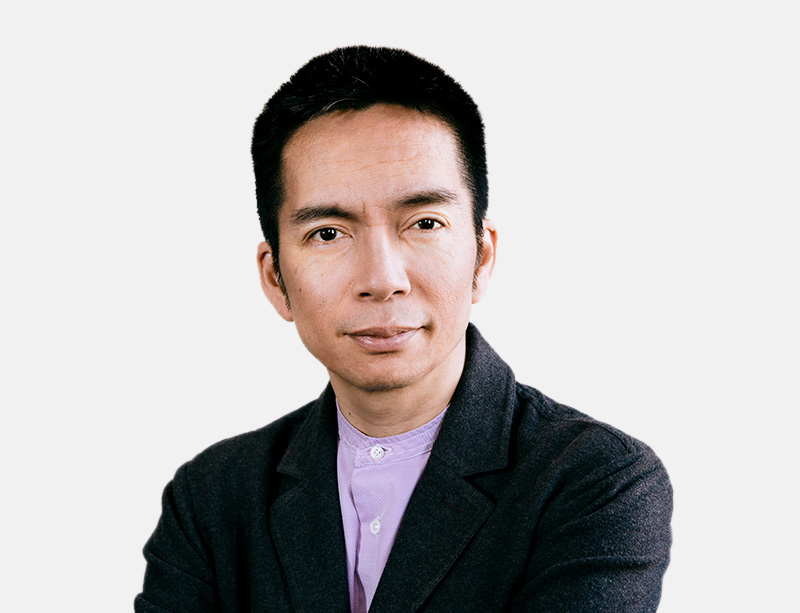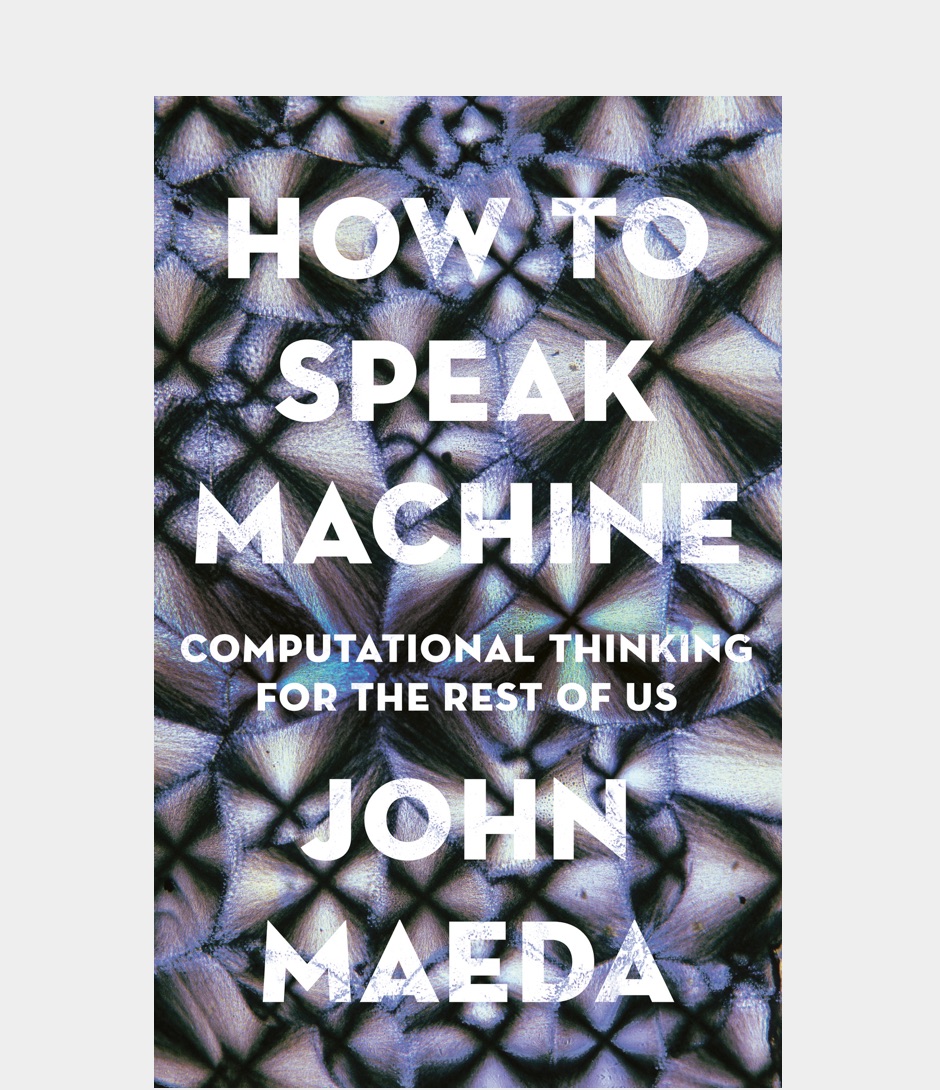The following is excerpted from John Maeda’s dataful new book, “How to Speak Machine,” released by Portfolio on Nov. 19. Order your copy here.
To know you better is to serve you better.
When I lived in Japan for a few years after college, I was always perplexed by how the trains would arrive and depart at the exact times that were printed in the schedules. This was the case for both local trains and regional lines, so I came to realize it wasn’t just a Tokyo thing. In contrast, growing up in Seattle, I learned to never trust the timetables for public transportation, and found this to be the case everywhere else—except for Japan. The answer that consistently came back from my Japanese colleagues was matter-of-fact: “Because the Japanese people wouldn’t stand for it as customers.” At the time, this response came across as a bit snobby. I wondered if they were saying that, as an American, I had lower expectations. My insecurities aside, I understood their attitude of taking care of customers because it was instilled in me at my parents’ tofu shop. This desire to care for customers was embodied by a word my father often used: omotenashi (oh-moh-taynah-shee).
Omotenashi roughly translates to “hospitality,” but it means much more than just making someone feel at home. It has to do with how people are greeted and sent off, how they are served, how well you can anticipate their needs and outdo their expectations. In the tofu shop, it meant the rigorous practice of giving customers their bag with two hands and opening the door for them as they were leaving. For my father, it also meant quietly picking the right firmness of tofu to give them if he knew they would be traveling far—so it would not break apart. And although my father would never admit it, it also involved the friendly banter between the customers and my radiant mother from Hawaii with her warm, addictive laughter—which I believe was often the biggest reason they would come back. Yumi always had them leaving with a smile. Underlying omotenashi is having an idea of what the customer wants without asking, so that their needs can be anticipated. There’s a famous story that illustrates this best. “The Three Cups of Tea” tells the story of an important sixteenth-century noble warrior who returned from the hunt, evident to anyone that he was deathly thirsty. He was first served tea that was lukewarm and filled to the brim in a big cup, and he quickly consumed it. Wanting more, he was then served tea that was hotter than the last cup, and half the amount. This time he was more relaxed and took longer to enjoy the tea. When he was done and asked for yet another, he was served piping hot tea in a small cup with an exquisite design. With his thirst sated by the first two cups, the warrior could not only fully enjoy the hot tea at the end but also appreciate the beautiful teacup. The tea server, Mitsunari Ishida, was subsequently rewarded by joining the warrior’s clan, and later became one of the greatest samurai commanders of that era.










